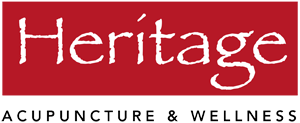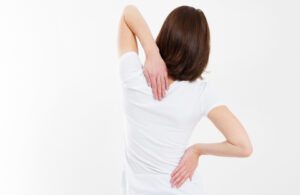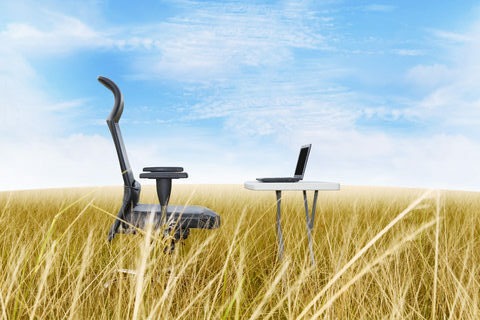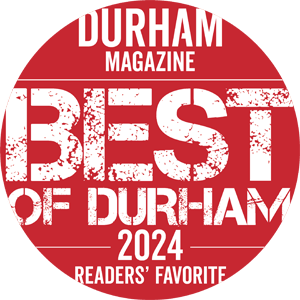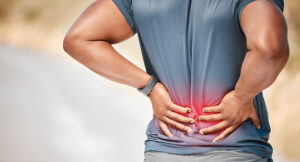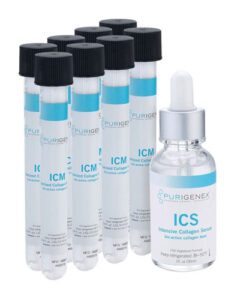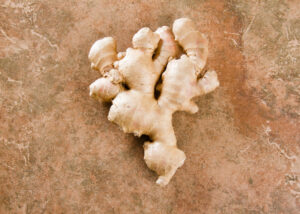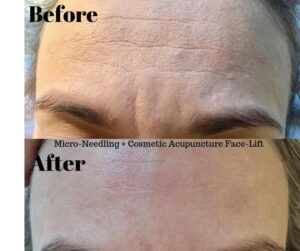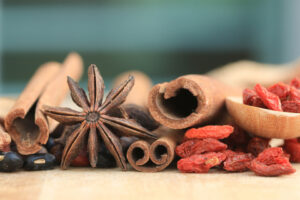Know Your Body; All About Muscles
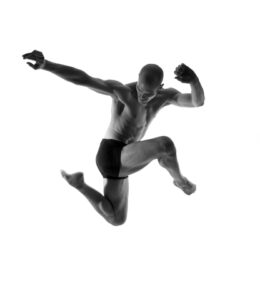
Muscles are the foot soldiers of every action in your body. Whether it’s moving your eyes, chewing your food or walking, muscles transform energy into motion.
Most of the time, our muscles are working together to create life-sustaining function without us even noticing. Every inhalation and exhalation involves the coordination of a variety of muscles from the chest to the pelvic floor. Peristalsis is an involuntary smooth muscle movement that moves food through the digestive tract. And the heart is one big muscle that circulates blood.
Typically our awareness focuses on voluntary skeletal muscles, connecting to bones via tendons and ligaments, making possible a variety of movements and functions. These muscles represent up to 40 percent of our body mass. When they’re healthy and relaxed, skeletal muscles work with minimal sensation. It’s normal to feel sore after workouts, but prolonged muscle tension and spasms can make us painfully aware of muscle tissue.
Muscle tension is one of the most common sources of discomfort and pain. A tense muscle feels hard or wiry to the touch, There may even be knots or hyperirritable spots in muscle or fascia (the tissue layer between skin and muscle). Spasms or cramps occur when muscle tissue involuntarily contracts.
There are many reasons for muscle tension and spasms, including overuse, posture issues, nutritional deficits, medications and nutrient deficiencies. In some cases, muscle tension signals a more serious condition such as viruses, insect bites or bacterial infections like meningitis. Some diseases such as lupus or rheumatoid arthritis cause joint and muscle pain.
The more common scenario involves either over or underuse of specific muscles. Keyboard workers tend to feel muscle tension in the neck and upper back. A major source of low back pain starts with tense hamstrings and gluteal muscles referring pain to the low back.
The epidemic of back pain caused by prolonged sitting is now a trending medical topic called “gluteal amnesia” or “dead-butt syndrome.” Due to desk jobs, the average adult is sedentary for more than 60 percent of their waking hours. Among the consequences of immobility are pain, stiffness, numbness and weakness of gluteal muscles. Weak and tense glutes can not only refer pain to the low back, but also lead to tense hip flexors. Gluteal muscles can create major consequences for your spine and hip joints –two structures vital to health and mobility.
While hunting and gathering, it’s estimated that early humans walked from four to seven miles per day or up to 14,000 steps. A 2017 study found the average American walks 4,774 steps per day. (See the study here: http://activityinequality.stanford.edu/docs/activity-inequality-althoffetal-nature.pdf). Even though our activity level has changed, our bodies have not. Humans are covered in muscle tissue, which by nature needs circulation to function optimally.
In Traditional Chinese Medicine (TCM) terms, muscle tissue corresponds to the spleen, which is actually a digestive organ that absorbs pure food nutrients, transforming them into blood for organs, muscles and general circulation. As muscles are nourished by blood, they need healthy food intake and basic circulation to function optimally. The liver nourishes tendons, which can be damaged by long-term muscle tension.
Blood stagnation is a Chinese medicine concept that describes sluggish, obstructed or inefficient circulation. It’s a major cause of pain, disease and aging. While many healing modalities address pain and circulation, exercise is the primary prevention method for stagnation and muscular pain.
It’s not unusual for people to stop exercising when they feel pain. Although these cases must be considered individually, lack of movement often makes muscles stiffer, which leads to more pain. In general, if you have inflammatory swelling, torn tissue or a broken bone, then it’s wise to avoid unnecessary weight-bearing movement. But if you’re sore from exercise, stiff or achy from lack of movement, then moderate exercise will relax muscles by infusing them with healthy circulation.
Specific food choices that nourish the liver and spleen benefit muscles and tendons. The spleen prefers warm, cooked foods as cold substances work against the body’s natural warmth. Soups, stews and teas are great choices. The spleen is an earth organ that’s nourished by dark colored vegetables like squashes, sweet potatoes and root vegetables. The liver loves green leafy vegetables and sour foods. Think steamed beets with balsamic or butternut squash soup. Warm and aromatic spices such as ginger and cinnamon assist circulation and digestion in general.
Exercise doesn’t have to involve heavy weights or long runs. Walking for 30 minutes is a great way to improve both lung function and circulation to muscle tissue. Stretching helps release stagnation in muscles and infuse them with healthy blood. Stretching first thing in the morning can help relieve stiffness resulting from immobility during sleep.
In other words, relieving muscle tension and nourishing muscles requires constant effort with diet and exercise. You can think of it as daily prevention and maintenance. Acupuncture is an excellent way to relieve muscular pain and cramping. Combined with a healthy daily routine, it’s possible to not only relieve pain but boost energy and keep joints functional and healthy for a lifetime.
